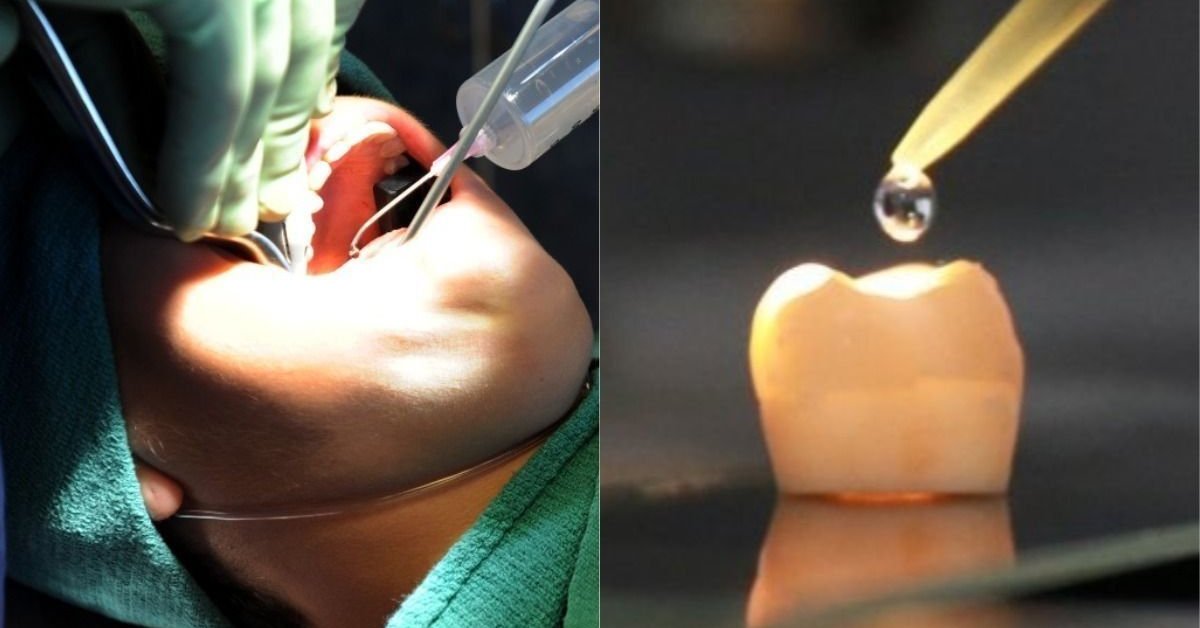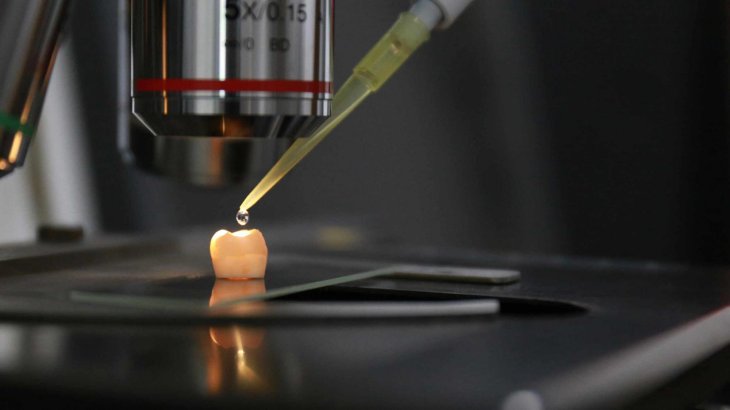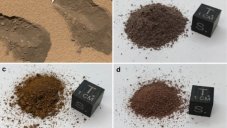Scientists Created A Gel That Allows Your Teeth Repair Themselves
Saanvi Araav - Sep 12, 2019

This gel encourages the teeth to repair themselves thanks to its ingredients. The gel's arrangement of phosphate and calcium is similar to that of regular enamel.
- Japan Hydrogen Breakthrough: Scientists Crack the Clean Energy Code with Mind-Blowing 1,000% Efficiency Jump
- 'Five-second rule' For Food Dropped On The Floor: Is It True?
- Scientists Want To Send 6.7 Million Samples, Including Sperm, To The Moon
Whether you have lost your teeth because of cavities or it is just an accident, you will need a filling or even worst - a painful reconstruction. Yet luckily, the scientists have been working on a better solution.

Damaged enamel
Enamel is the name of the protective, hard outer layer of your teeth. They are not infallible, but, you could wear them down over time by grinding them together or when sweets and food are stuck between the teeth for a long time. If that happens, tiny holes or cavities can be created on your teeth. Thus, you need to fill them in to prevent them from damaging your teeth further.
The problem here is that the filling was made of metal in the past; these days it is commonly made of resin or porcelain. Those materials are unable to bind forever to the tooth's surface; therefore, after some years, they could pop out.

A new solution to fix the enamel
To fix the endurance problem of current fillings, Zhejiang University's team has been working on a replacement for the current materials. The solution that they discovered is a gel from phosphate and calcium that will be applied onto the teeth. This gel encourages the teeth to repair themselves thanks to its ingredients. The gel's arrangement of phosphate and calcium is similar to that of regular enamel.
These scientists also detected that the new layer of enamel generated from the gel has the thickness of only around 3 micrometers, much thinner than the undamaged enamel. But the team said that we could apply the gel many times to create more layers.
The gel has been under testing. However, it may be a good solution for ones who are afraid of dentist's drills.
Featured Stories

Features - Jul 01, 2025
What Are The Fastest Passenger Vehicles Ever Created?

Features - Jun 25, 2025
Japan Hydrogen Breakthrough: Scientists Crack the Clean Energy Code with...

ICT News - Jun 25, 2025
AI Intimidation Tactics: CEOs Turn Flawed Technology Into Employee Fear Machine

Review - Jun 25, 2025
Windows 11 Problems: Is Microsoft's "Best" OS Actually Getting Worse?

Features - Jun 22, 2025
Telegram Founder Pavel Durov Plans to Split $14 Billion Fortune Among 106 Children

ICT News - Jun 22, 2025
Neuralink Telepathy Chip Enables Quadriplegic Rob Greiner to Control Games with...

Features - Jun 21, 2025
This Over $100 Bottle Has Nothing But Fresh Air Inside

Features - Jun 18, 2025
Best Mobile VPN Apps for Gaming 2025: Complete Guide

Features - Jun 18, 2025
A Math Formula Tells Us How Long Everything Will Live

Features - Jun 16, 2025
Comments
Sort by Newest | Popular